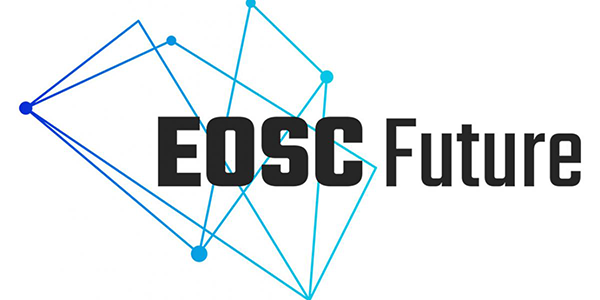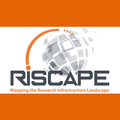Below is a list of completed projects with CESSDA participation.
EOSC Future seeks to integrate, consolidate, and connect e-infrastructures, research communities, and initiatives in Open Science to further develop the EOSC Portal, EOSC-Core and EOSC-Exchange of the European Open Science Cloud (EOSC).
The main objectives of EOSC Enhance are to improve the service provider interface and to accelerate the deployment and uptake of EOSC services and resources in the EOSC catalogue.
TRIPLE enables researchers to discover and reuse SSH data and projects across disciplinary and language boundaries.
EURHISFIRM (Historical high-quality company-level data for Europe) works to design a world-class research infrastructure (RI) for European business data.
The ERIC Forum project seeks to strengthen coordination and networking between European Research Infrastructure Consortiums (ERICs) as well as consortia applying for ERIC status.
Synergies for Europe’s Research Infrastructures in the Social Sciences (SERISS) was a four-year project that aims to strengthen and harmonise social science research across Europe.
BigDataEurope (BDE) aimed to undertake the foundational work for enabling European companies to build innovative multilingual products and services based on semantically interoperable, large-scale, multi-lingual data assets and knowledge, available under a variety of licenses and business models.
RISCAPE sought to provide a systematic, focused, high quality, comprehensive, consistent and peer-reviewed international landscape analysis report on the position and complementarities of the major European research infrastructures in the international research infrastructure landscape.
The primary ambition of the CESSDA SaW project was to establish the conditions for, and initiate the movement towards, a seamless social science data archive service for the whole of the European Research Area (ERA), which is capable of supporting the research needs of the next generation of social scientists wherever in Europe they may be, or beyond.
The DASISH project brought together all five ESFRI research infrastructure initiatives in the social sciences and humanities (SSH). The goal was to determine areas of possible synergies in the infrastructure development and to work on a few concrete joint activities.
SERSCIDA ended in 2014 and was designed as a strategic project for supporting the cooperation and exchange of knowledge between the EU countries associated within the then Council of European Social Sciences Data Archives (CESSDA) and the Western Balkan Countries (WBC) in the field of social science data archiving.
The SEEDS project (South-Eastern European Data Services) aimed to widen the establishment of new data services in countries where none existed to date.
The FOSTER project aimed to set in place sustainable mechanisms for EU researchers to FOSTER OPEN SCIENCE in their daily workflow, thus supporting researchers optimising their research visibility and impact, the adoption of EU open access policies in line with the EU objectives on Responsible Research & Innovation.
Data without Boundaries (DwB) aimed to improve access to microdata that was under-used and held behind national, legislative, technical, and cultural borders.
The CESSDA PPP project work served as a basis for the construction phase of the new European Research Infrastructure Consortium.














